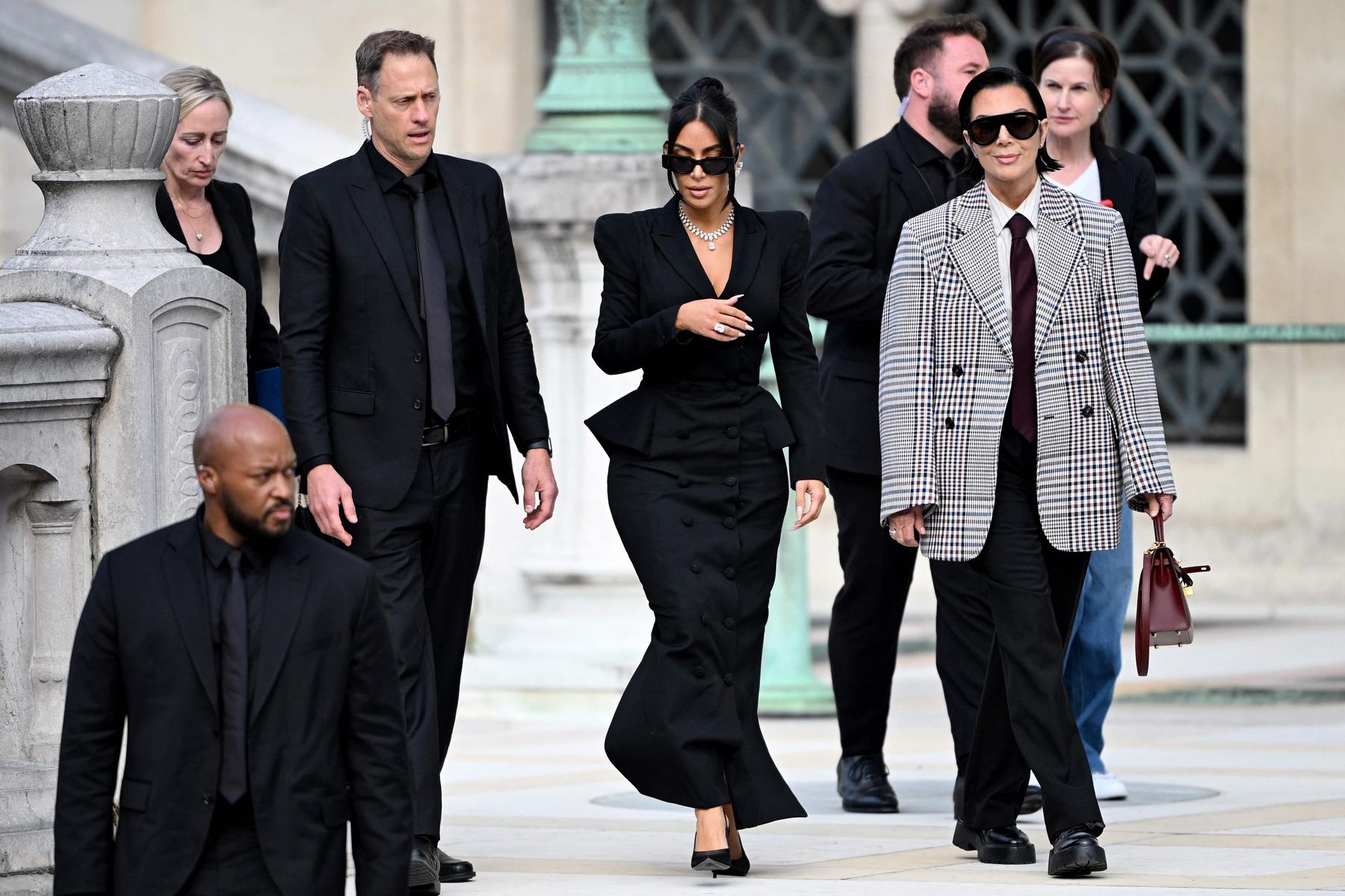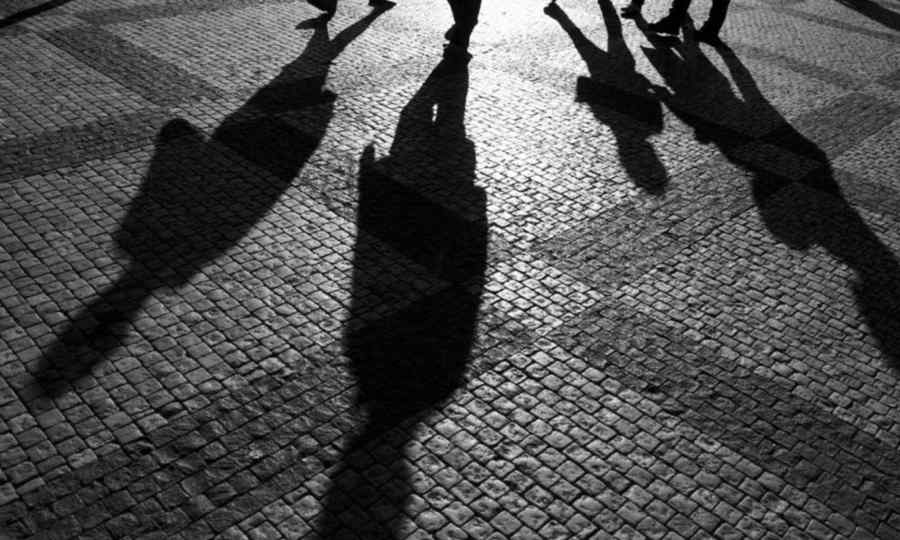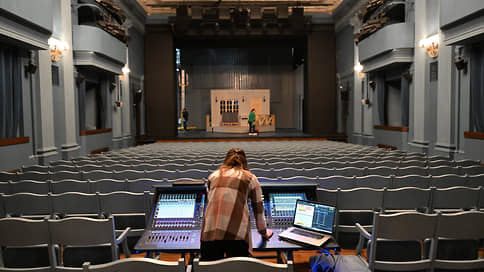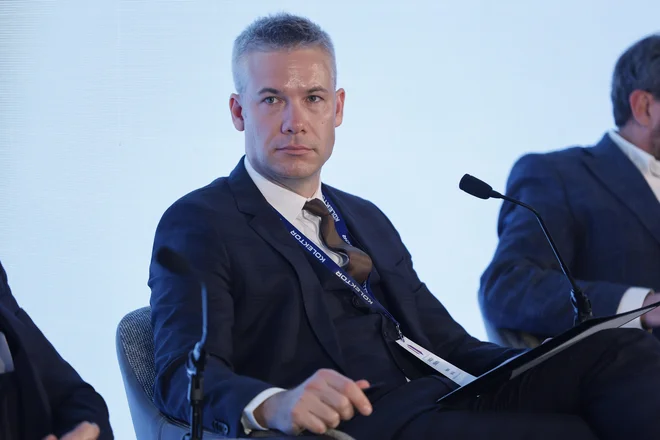The world of tomorrow is what happens – and Austria is there – Diepresse.com

Where the Eiffel Tower once made his debut, artificial intelligence dominates today: there were world exhibitions in the past classic innovation shows, global future questions, cultural exchange and economic relationships are now in the foreground. The Expo is currently running in Japan. Austria hopes for good business and new contacts. A report from Osaka.
If the world exhibition allows a conclusion to the world order, China plays an important role in it. The Chinese pavilion is enthroned like a wood demonstration on the large area on Yumeshima Island in Osaka, two and a half train hours west of Tokyo. The island was set up especially for the world exhibition, where, since April 13th and in mid -October, more than 160 countries will present their best side – and show the world how they imagine the future of society: « Designing Future Society for Our Lives » is the title of this year’s Expo. More than 28 million visitors from 160 countries are expected.
The world exhibition once moved the world as an institution: the first took place in the Crystal Palace in London in 1851, initiated by the British prince-grave Albert of Saxony-Coburg and Gotha. The idea: to make technical progress and industrial achievements visible. And to give the broad population access to visions that otherwise only had experts. The Eiffel Tower also made his debut on the Expo at the time. He was constructed in Paris as the central monument of the world exhibition in 1889. A few years earlier, in 1873, Vienna gave the Expo host-and Japan was officially there for the first time.
World exhibitions were sensational experiences that caused the platform for groundbreaking innovations for a worldwide sensation. Today they are no longer the « classic innovation shows » like in the 19th century, says Alf Netek, chief organizer of the Austria pavilion of this year’s Expo in Osaka. But still a place where nations can exchange and present. Instead of miracles of technology, the focus is now on global future questions, cultural exchange and economic relationships.
Bösendorfer, Kaiserschmarren and AI
And good economic relationships are a tough currency in these politically turbulent times. The Federal President is the best door opener, especially in the protocol of strict Japan, which attaches great importance to tradition and conventions. This week Alexander van der Bellen traveled to Expo to Japan, hit the Japanese prime minister, Shigeru Ishiba, and the Crown Princess Kiko from Akishino. Also present: Austria’s Minister of Economic Affairs, Wolfgang Hattmannsdorfer, including a 150-member business delegation.
The many entrepreneurs who have joined are hoping for new business opportunities, the government an increase in the commercial volume. According to China, Japan is Austria’s most important business partner in Asia, with a trading volume of 4.5 billion euros. The Chamber of Commerce estimates the additional potential at 1.5 billion euros. Around 170 Japanese companies are currently active in Austria, many with a focus on research. 1600 Austrian companies exported 2024 goods worth 1.58 billion euros to the island state in the Pacific. However, after a decline of eleven percent, which was due to a weak yen, exchange rate fluctuations and inflation. It is important to catch up. The Expo offers an « outstanding opportunity to make Austrian companies, technologies and culture visible globally and to establish new collaborations, » says Minister of Economics Hattmannsdorfer.
For almost two years, Austria and its companies have prepared for Expo, total costs for the pavilion: around 21 million euros. Afterwards, the established contacts will be « used to further strengthen the international positioning of our companies and to promote sustainable cooperation, » said WKO Vice President Philipp Gady. A boost is also expected for tourism, because Austria is known to be a popular travel destination for Japanese: 105,000 guests from Nippon recorded Austria last year, they spent 237,000 nights in Vienna.
Wood and start-ups
In the Austrian pavilion, which is flanked by Brazil and Switzerland, the proven and well-known-like a Bösendorfer wing as a homage to the most famous Japanese work of art, is used to « Great Wave before Kanagawa » by the artist Katsushika Hokusai. In general, music is present in the Austria Pavilion. According to a survey by the Chamber of Commerce, eight out of ten Japanese combine culture and music. It goes without saying that the Viennese singing boys gave a concert on the occasion of the Federal President’s visit. And of course there are at the market stall in the Kaiserschmarren entrance area and extended.
All of this is actually not kitschy, but coherent, beautiful and inviting. In the planning team, such concerns have been said goodbye early in the planning team: Of course, Austria is « more than just a waltz, more than Kaiserschmarren, » says Expo planner Netek. But these classic attributes that Austria are assigned would also open doors – and business opportunities in areas outside of art and culture. « If you start with the stereotype but do not stop with the stereotype, you have actually achieved exactly what makes sense. »
Especially since it does not stay with the traditional in Klein-Austria at Expo. Are represented under the motto « Composing the Future » projects from start-ups from medicine, environmental technology and augmented reality. The Technical University of Vienna shows projects from research and biosciences. The pride of the pavilion is a 16.5 meter high wood loop, a spiral -shaped note band made of wood, manufactured in Horn in Lower Austria.
« /> The Austria Pavilion on this year’s Expo. APA/APA/Cyrill Degenhart
Minister of Economic Affairs Hattmannsdorfer, too, is not afraid to exhibit Austria’s well -known pages in Japan: « Our strength are culture and tradition. If we have such a central asset, we have to use it in external marketing, » he says. As a door opener. A “Memorandum of Cooperation”, signed on Wednesday with Japan’s Minister of Economic Affairs, is intended to strengthen Austrian-Japanese economic relationships. In -depth bilateral cooperation is planned in the areas of industrial research, technology, innovation and transformation towards sustainable economy.
After all, the Austrians and the Japanese are not unlike themselves in many ways, says Expo organizer Netek. Both would approach their work with a pronounced understanding of efficiency. However, the Austrian also loosens existing rules, says Netek. « It is out of the question in Japan. »








